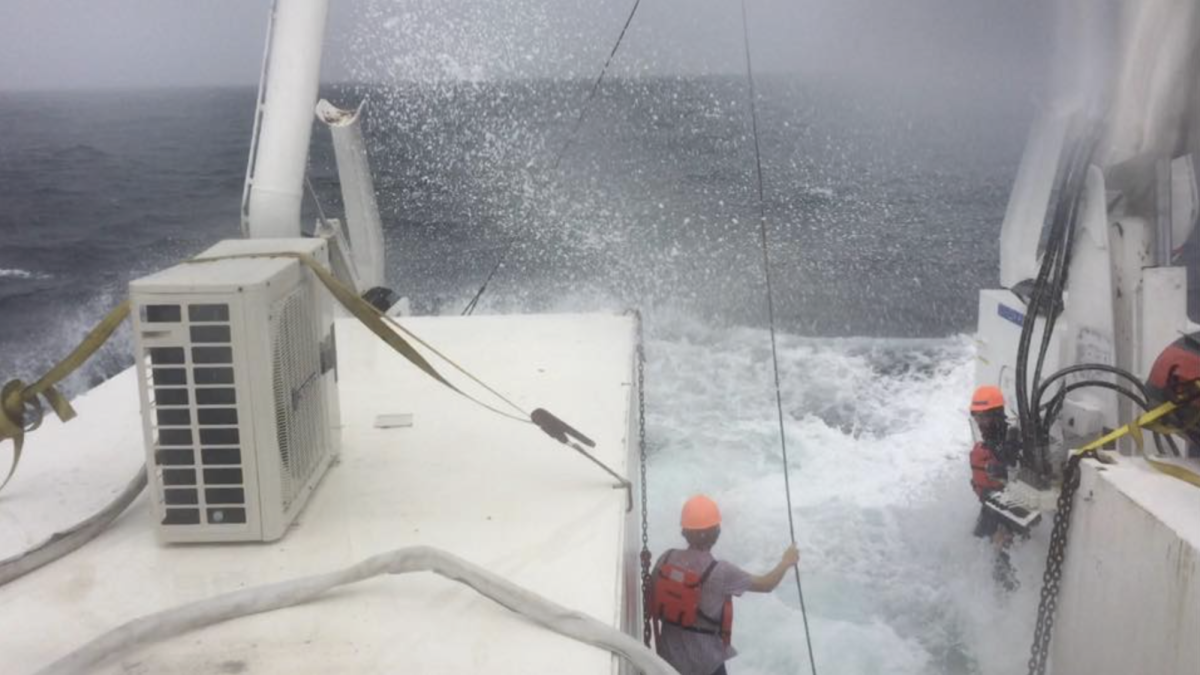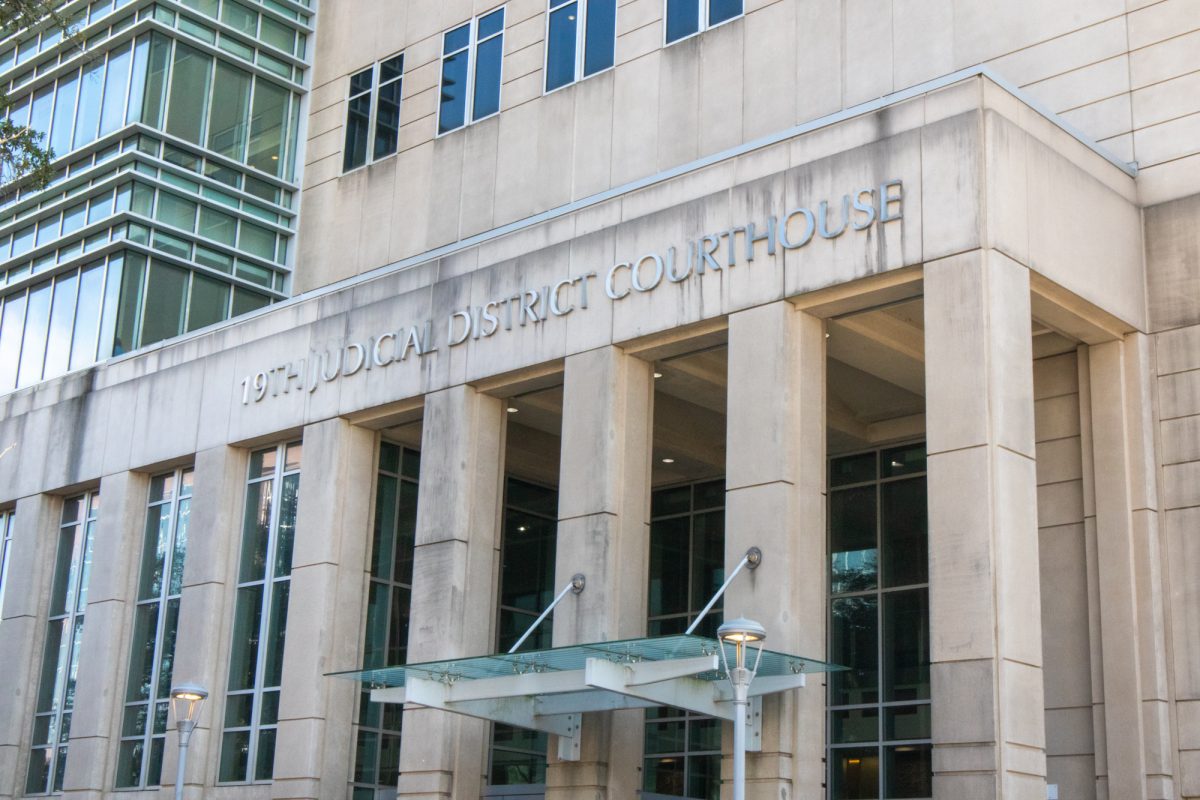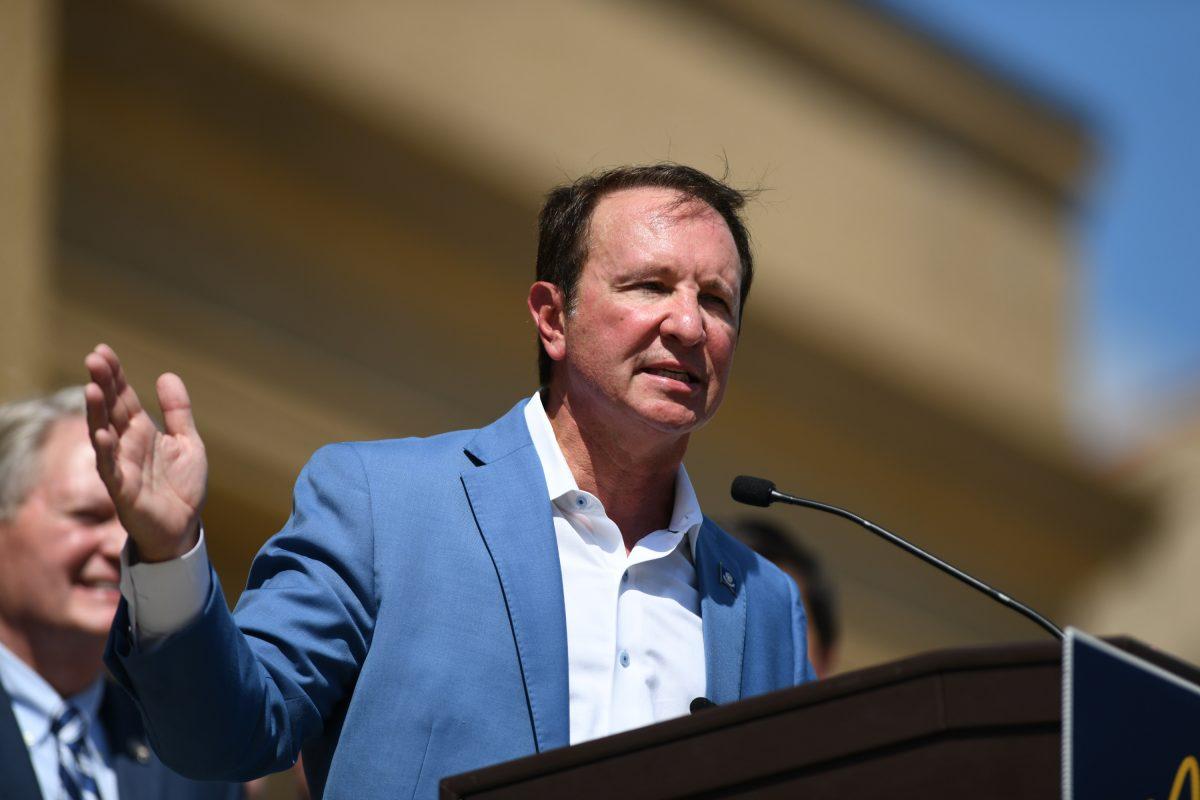With a small team of scientists, Kevin Boswell has begun making monthly rounds to collect water column samples in the Gulf of Mexico.
Each trip, Boswell, a University department of oceanography and coastal sciences researcher, and his colleagues find a way to pay for their research studying if sonar technology can identify oil in the water along the coast shorelines.”We know we can find fish, but can we find oil?” he said. “The whole idea is we could use this technology which hasn’t been used so far.”
Boswell, along with other LSU researchers say they are subsidizing funds from other projects or paying out of pocket for research on the two-month-old oil spill leaking into the Gulf, hoping to be compensated in the end.Researchers understand how important is it for the future of the state’s economy and livelihood that people are monitoring and studying the effects of the catastrophe as it happens, Boswell said.Now he says his team has identified that the samples collected from the edge of the Gulf do contain oil about 180 feet below the surface.LSU department of oceanography and coastal sciences Dean Christopher D’Elia has been actively involved in the early research on the effects of the oil on coastal fisheries and wetlands.
“Everything revolves around knowing about the fate and effects of this oil,” he said. “We’ve got to be able to map it clearly.” Scientists are working on how to research what effects of the oil and the dispersants used to break down the oil will have on the major species, including crab, white shrimp and the commercial fisheries, D’Elia said.But D’Elia said the limited funding has hindered the department from large organized studies.”People are so focused on this event that some are funding their own work at this University,” he said. “Some are spending on their own credit cards.”Some funding for projects is on the way.LSU spokeswoman Ashley Berthelot said officials will begin evaluating proposals next week to decide which researchers will be allotted part of the $5 million fund from BP.”It’s open to everyone,” she said. “It’s not allotted by college but by person.”After the proposals are collected, the University will analyze the project through a peer-review process, she said. The individuals or groups will be awarded the funds based on their research proposals.While she couldn’t name how many researchers on campus are working on oil spill projects, Berthelot said most colleges are involved in some type of research. Some on-campus groups have already received their own funding through rapid response grants, Berthelot said.The projects at the University cover a span of concerns from how the flow of the Mississippi River will affect the spread of the oil spill to how humans cope with tragic events.
From the humanities viewpoint, researchers are trying to research the emotional and behavioral response to tragedies, said LSU political science professor Christopher Kenny.
While many people are focused on the economical effects of the disaster, Kenny and two of his political science colleagues say it’s equally as important to study the human effects of a disaster.
“The better we can understand any situation where people are impacted in this way, the better we can deal with it,” Kenny said.
With a $90,000 rapid response grant, the group is organizing a telephone survey for residents in Venice and Grand Isle, he said. One of the goals is to find out how they are coping with the tragedy.”How are people coping with the event? Are they volunteering, are they seeking out information or just sitting at home?” said Christopher Weber, another research and political science professor.These are some of the questions researchers want to know, Weber said.While one of the strengths of a University is all the different resources brought together, D’Elia said more funds are needed to make significant findings to help the state recover.”This is fundamentally a planning challenge,” he said. “There is a lot to do to get the science together and organized because there are so many questions at hand.”
—
Contact The Daily Reveille’s news staff at [email protected]
University departments start research on oil spill effects
June 29, 2010






